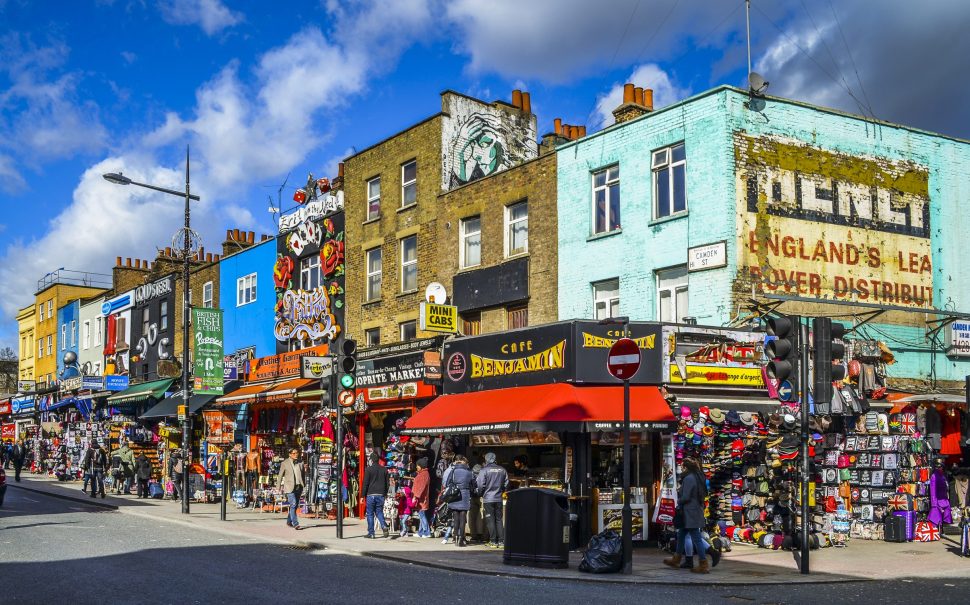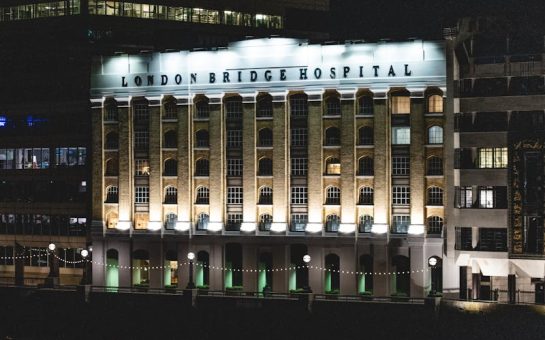A rise in adulterated substances is behind Camden’s spike in drug-related deaths in 2024, the council has said.
The number of drug-related deaths in Camden reached a 23-year high last year, according to data from the Office for National Statistics (ONS).
Synthetic opioids such as nitazenes and Fentanyl are being increasingly detected in the illicit opiate supply, according to a spokesperson for Camden Council.
The spokesperson said: “Synthetic opioids are of a particular concern because they can be hundreds of times stronger than heroin, therefore increasing the risk of overdose.”
More broadly, the spokesperson also mentioned the area has seen increased reports of other adulterated drugs, including benzodiazepines, ketamine and MDMA.
According to Camden Council, the strength of the drug supply is also rising, with some recent MDMA doses twice as strong as previous doses.
Economic deprivation in some areas of the borough and high rates of people suffering from mental health conditions have also contributed to the problem, the spokesperson added.
Camden resident and chair of charity Transform Drug Policy Foundation, Vicky Unwin, whose daughter Louise Cattell drowned in her bath after taking ketamine in 2011, insists that ‘impurity is a really big problem’.
Unwin said: “If drugs are not legally regulated, they are open to be contaminated.
“Each dose is going to be completely different and you really don’t know what’s in it.
“Dealers are loading up doses with nitazenes because the Taliban burnt or destroyed the poppy fields in Afghanistan, so there is no heroin. Or if there is, it’s contaminated.
“But nitazenes are completely lethal if you take it in the same dose as you would heroin.”
Unwin said front of house facilities checking drug purity and quality used to be more common at festivals and nightclubs.
A total of 60 deaths related to drug poisoning and misuse were recorded in the borough in 2024 — double those recorded in 2023.
The figure is the highest since 2001, when 80 such deaths were reported, ONS data reveals.
Camden also saw a higher proportion of drug-related deaths per resident last year than any other London borough, with 28 deaths per 100,000 residents.
This compares to the London average of 13 deaths per 100,000 residents in 2024.
The increasing deaths in Camden come despite the council being allocated the third-highest government grant allocation in London for drug treatment in 2023-24.
The council spokesperson said: “Grant allocations have been awarded on an annual basis which has made long-term planning more challenging.”
Camden Council confirmed they used its 2023-24 grant income to allow more people to access drug and alcohol treatment in the area, as well as to support those in contact with the criminal justice system and living on the streets.
They added: “This year Camden’s Health and Wellbeing Board have made reducing drug-related deaths one of its priorities.
“This has resulted in a focus on harm reduction for the borough, and we are shortly due to pilot initiatives to support this priority.
“This includes a drug-checking service which we hope to open in 2026 (subject to Home Office approval).”
Unwin said that another solution to substance impurity would be to legally regulate substances and sell tested drugs over the counter.
She called for both local and central government to ‘stop the war on drugs and treat them as a health issue’.
She said: “You’ve got to do something that’s really going to change it and make bold moves.”
Councillor Anna Wright, Camden council’s cabinet member for health, wellbeing and adult social care, said: “Reducing drug related harm in Camden is a fundamental part of the work that we are undertaking in the community with our partners, while also continuing to invest in our drug and alcohol services that ensure support is readily available to those who need it.
“If you or someone you know needs support with drug or alcohol use, please contact Change Grow Live on 020 7485 2722 or email [email protected].”
Feature image: J. Ligero Loarte, CC-BY SA 4.0





Join the discussion